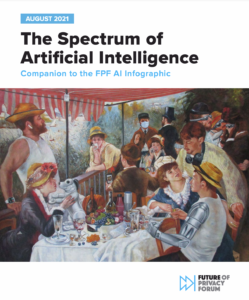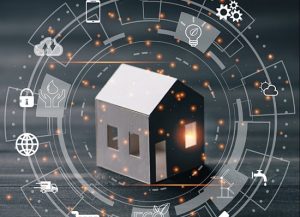FPF, Practitioners, and FTC Participate in Data Privacy Day Event
Yesterday, the National Cyber Security Alliance (NCSA) sponsored a privacy event to commemorate Data Privacy Day 2012. The event, called “The Intersection of Privacy and Security,” was held at GW’s Law School. It began with a keynote by FTC Commissioner Julie Brill and was followed by two panels. The panels included Ari Schwartz, Senior Internet Policy Advisor at the U.S. Department of Commerce, and the senior privacy officers from AT&T, Comcast, eBay, Facebook, Intel and MasterCard. Future of Privacy Forum’s Christopher Wolf moderated the event.
Commissioner Brill shared that consumers should not have to give up their personal information as a toll to participate in cyberspace and discussed the troubling trend of opaque data aggregation. As analysts collect and aggregate data about individuals, including their social media behavior, she worried that soon such data could be used to determine insurance rates and applicability for jobs. Commissioner Brill called on data aggregators to make a one-stop-shop that would allow consumers to view data about themselves and correct erroneous data.
Following Commissioner Brill’s remarks, Christopher Wolf moderated two panels that covered a variety of issues on cyber security and privacy. In both panels, the participants talked about how privacy and security are two sides of the same coin; one cannot be had without the other. The panelists also discussed some of the misconceptions people may have about the privacy considerations of companies and the government. Intel’s David Hoffman discussed how the Department of Homeland Security does a much better job on protecting individuals’ privacy than it gets credit for. Facebook’s Erin Egan stated that many consumers do not realize all the privacy and security checks that companies like Facebook put into their products prior to release. AT&T’s Bob Quinn called for more coordination between government agencies, and he noted that data protections on calls made through traditional telecom channels are regulated differently than calls made over voice over internet protocol (VOIP).
–Steven Beale



